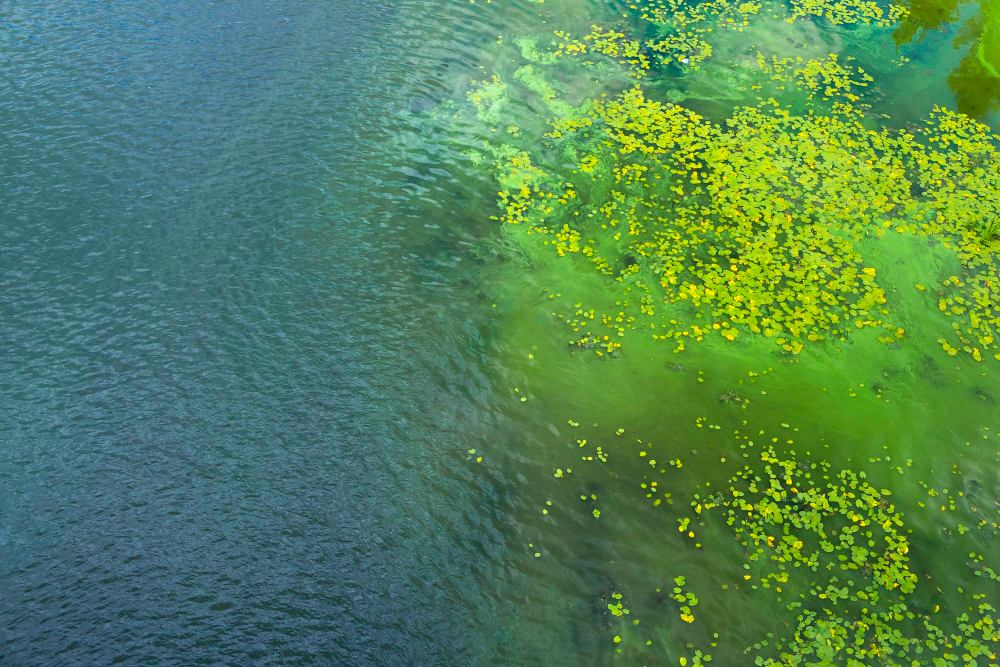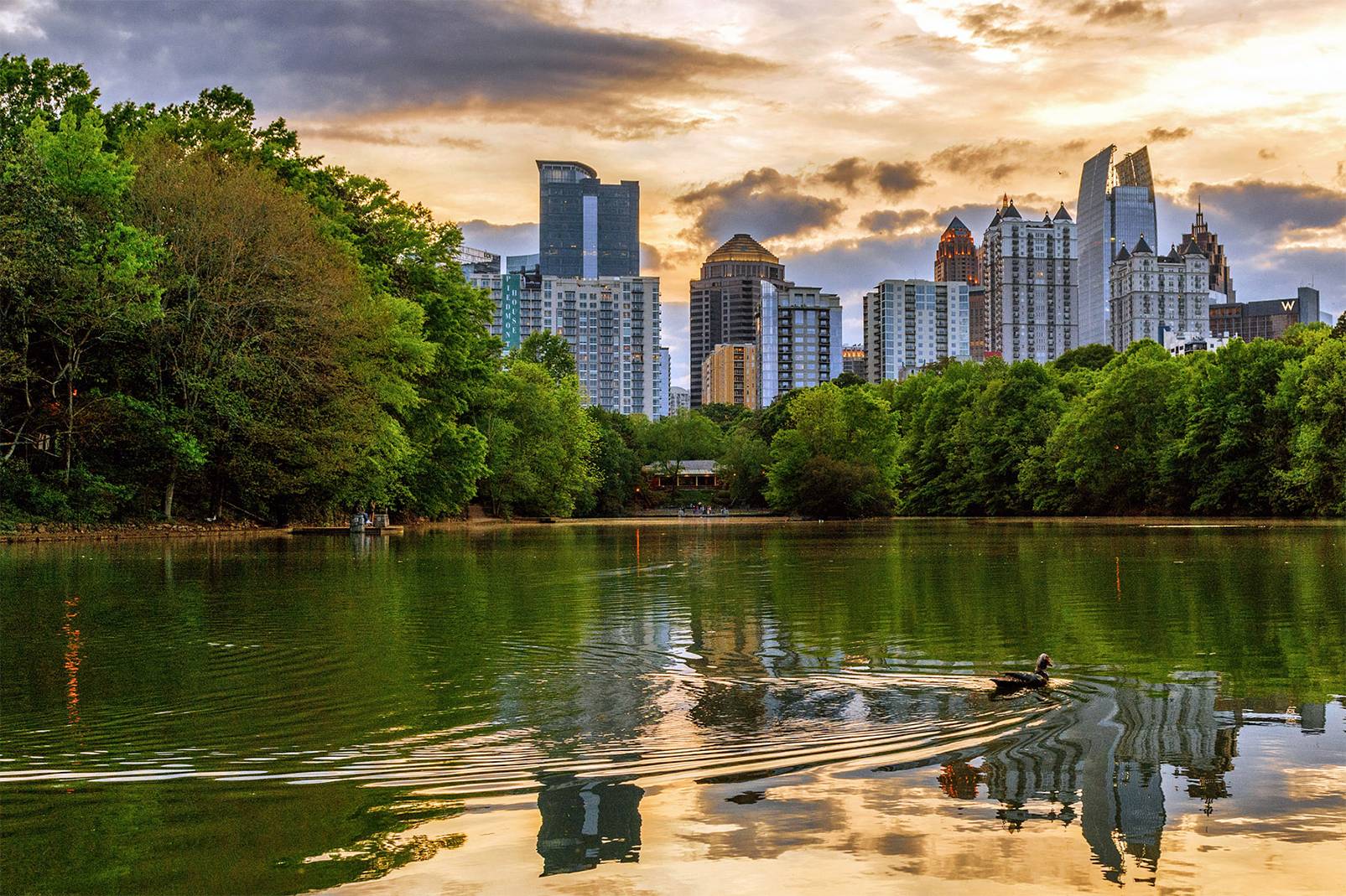
Pond ownership can be a source of great joy, but it comes with the responsibility of meticulous pond maintenance. Among the various challenges that pond enthusiasts face is algae. Algae overgrowth stands out as a common and persistent issue which not only diminishes the visual appeal of a pond but also harms the overall health of the ecosystem. In this brief article brought to you by Aquatic Restoration, we will explore effective and natural methods to combat algae and restore the balance to your aquatic haven.
If you’d rather have experienced professionals handle your detention or retention pond maintenance, then call the time-tested specialists at Aquatic Restoration. With over 35 years of industry experience, we have the skill and practice to ensure long-lasting results.
Before diving into eradication strategies, it's important to understand the nature of algae. Algae are simple, plant-like organisms that thrive in water bodies by exploiting sunlight and nutrients for growth. While some algae are beneficial and contribute to a healthy ecosystem, an overabundance can lead to imbalances and unsightly water conditions.
You might be surprised to learn that there are more than a handful of ways to tackle algae overgrowth. Let’s quickly review several here:
All in all, maintaining a pristine pond requires a multifaceted approach that considers the delicate balance of the aquatic ecosystem. By employing these natural solutions, you can effectively control algae growth without resorting to harsh chemicals that may harm the pond's inhabitants. Remember that patience is crucial, as the results of these natural methods may take time to manifest.

Pond maintenance in Gwinnett County is diligent work. If you need specialists to take care of the nuances, then call Aquatic Restoration to hire a crew today. Our team is on standby to take your call at any time of the day.
If you own a pond, we don’t have to tell you how irritating mosquitoes can be or how important it…
Dredging is an integral part of keeping lakes clean, healthy, and sustainable. This…
Lake management is an integral part of keeping your lake in peak condition. It involves activities such as lake…
There are many incredible benefits that come with restoring natural lake depth. Not only does it improve water quality…
When it comes to maintaining healthy water bodies, there are two primary methods that are often used: dredging and pond…